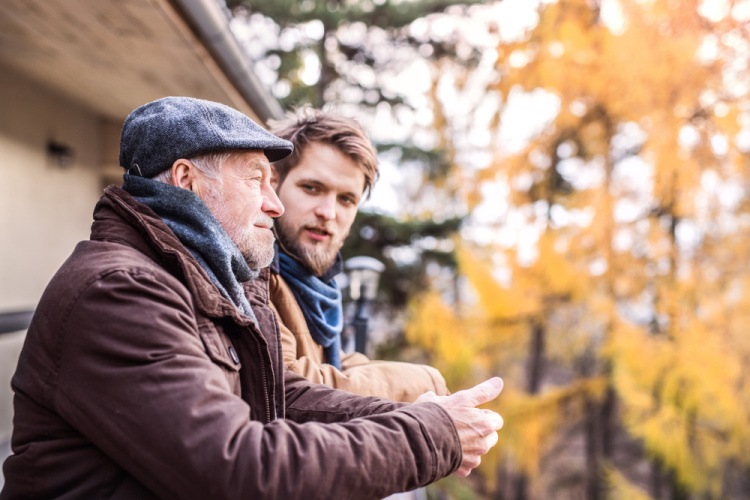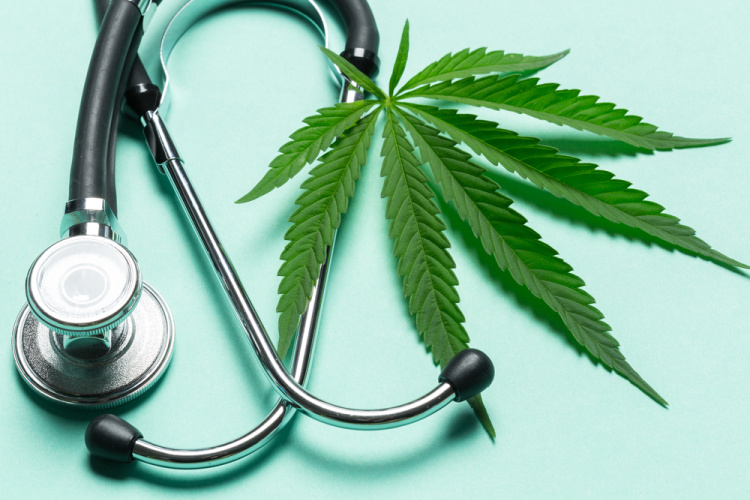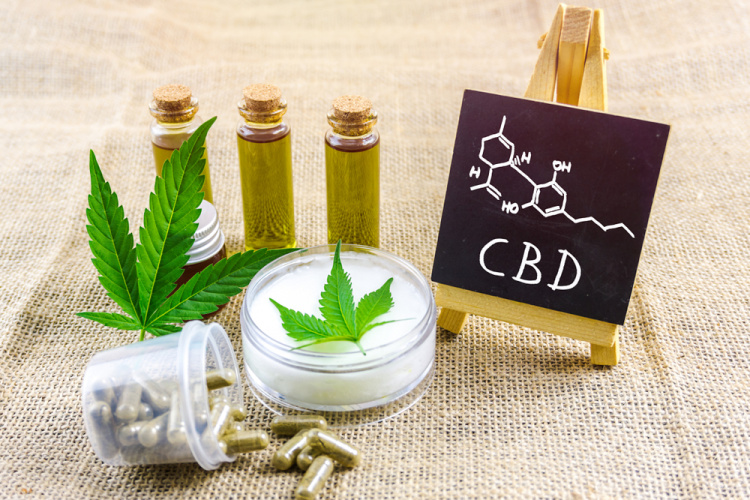Not long ago, cannabis was widely denounced as a dangerous “gateway drug” with no medical value whatsoever. Today, at least two-thirds of Americans support the legalization of cannabis, especially for medical use, and cannabis medicine has emerged as a way to manage a wide variety of symptoms related to conditions ranging from chronic pain to PTSD to fibromyalgia and multiple sclerosis.
But despite this widespread and growing acceptance, the question of how to talk about cannabis use can still be challenging, especially when it comes to one’s family. The physicians, clinicians, and researchers at Vireo Health have experience helping patients negotiate this sometimes difficult process. We’ll share a few of our top tips, in the hopes that greater honesty, transparency, and forthrightness is always a good thing.
How to Talk about Cannabis Use: Cutting Through Misconceptions about Cannabis

The question of how to approach a family conversation about cannabis use depends upon whom you’re talking with. A conversation with young children, for instance, would probably go along very different lines than one with elderly parents. But some factors are fairly constant. And we believe the most important one is to proceed with both an open mind and an open heart.
Even if you maintain clear lines of communication with family members, some of them might be resistant to discussing medical matters. For some people, the subject of any medical condition is challenging or even threatening. Expect that some members of your family might be resistant to visiting the topic at all, whether or not it concerns cannabis.
Then there’s the historic stigma around cannabis. Many people—especially those of older generations, who were subject to decades of alarmist propaganda about the dangers of cannabis use—can find it challenging to accept that cannabis has a valid medical use. Open-heartedness aside, sometimes it’s useful to prepare oneself with cold, hard facts. And the fact is that medical cannabis is now legal in some 33 states. The list of qualifying conditions it helps manage varies state-to-state, but generally includes:

- ALS (Lou Gehrig’s disease)
- Cancer
- Chronic Pain
- Multiple Sclerosis
- Post-Traumatic Stress Disorder
From helping young children overcome debilitating conditions such as epilepsy to aiding senior citizens in managing chronic pain, insomnia, and other symptoms without opioids, cannabis is a firmly established medicine for a wide variety of conditions and a large population of Americans.
How to Talk about Cannabis Use: Marijuana Without the High?
Arguably, the root of the many misconceptions around cannabis stems from the intoxicating “high” associated with the cannabinoid THC, one of the many medically active compounds found in the cannabis plant. While THC is associated with a wide variety of useful interactions with the body—including fighting pain, relieving inflammation, and many others.
You’ve probably heard of CBD, the second-most-prevalent cannabinoid after THC. It’s received a great deal of attention lately due to some intriguing and potentially useful effects of its own. Although we’re waiting on more authoritative research, research suggests that CBD delivers powerful anxiety-relieving, pain-fighting, and seizure-reducing effects.

Because most researchers feel that THC and CBD are most effective when used together, most cannabis medicines deliver a combination of these two cannabinoids. With a general trend towards including a higher ratio of CBD, many cannabis medicines are becoming less and less intoxicating while delivering more highly tuned and specific results.
This knowledge can come in handy when pondering how to talk about cannabis use. Because the emphasis is on medical usefulness over intoxication, those using those medications may well experience little to no intoxication. When the question of whether or not their loved one will seem impaired is removed or reduced, family members often have an easier time adjusting to the notion that cannabis is a valid and useful medicine.
In Conclusion
Of course, this is only an introduction to a wide-ranging and potentially complicated topic. If you have questions about how to talk about cannabis use, we’d love to have you join this important conversation. Feel free to contact us anytime, we’re always ready to help.
